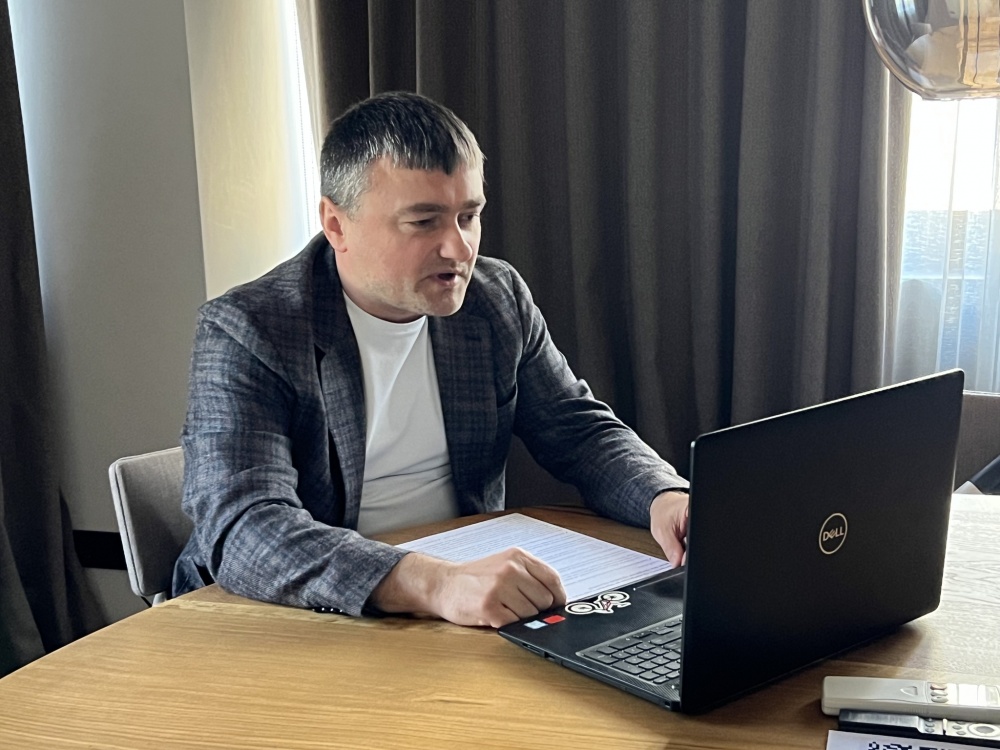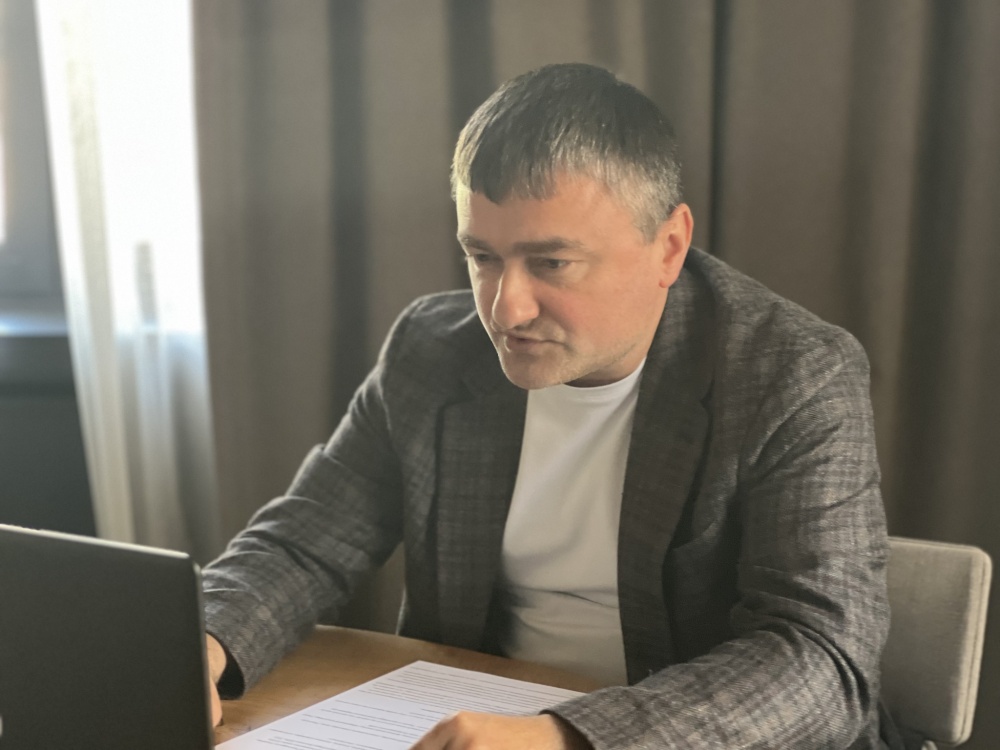EQUITY Partner Vyacheslav Krahlevych spoke for the Liga:Zakon portal

Vyacheslav Krahelevych, a partner at EQUITY, spoke for the Liga:Zakon portal on a highly relevant topic: "Counterparties under control: how to check partners and what to do if your counterparty is sanctioned" and provided the right mechanisms for verification.


- Verification of counterparties for the presence of domestic and foreign sanctions
On the NSDC website, you can find a list of sanctioned persons introduced by decrees of the President of Ukraine. Currently, according to the NSDC register, these are: 10,898 individuals and 7,553 legal entities; sanctions imposed by foreign countries (USA, Canada, UK, Australia, etc.) and international organisations (UN Security Council, EU).
Sanctions can be divided into:
-
Comprehensive - complete prohibition of cooperation, licensing (for example: Iran, North Korea);
-
Sectoral - energy, financial sector, defence sector, etc.;
-
Individual - specific individuals and legal entities.
The relevant sanctions of countries and international organisations are available for verification on the websites of the authorities that have adopted them. There are also relevant electronic services for checking the counterparty.
- Responsibility for working with sanctioned persons.
There is currently no liability for violation of sanctions in Ukraine, but there is a relevant draft law No. 12406 on amendments to the Criminal Code of Ukraine, which is expected to supplement the Criminal Code of Ukraine with Article 114-3 ‘violation, non-fulfilment, obstruction, circumvention of the requirements of the sanctions legislation’ - the sanctions of the article include fines, imprisonment, confiscation, without confiscation, liquidation of a legal entity.
In April 2024, the EU Council adopted a directive that obliged all EU members to introduce criminal liability for violating sanctions. The UN Security Council sanctions are in place, but there is no liability for their violation, just as there is for violation of EU sanctions, only individual states impose liability. The most serious sanctions have been introduced by the US Treasury Department, which currently provides for liability for sanctions violations in the form of both fines and imprisonment.
- Banking restrictions on working with sanctioned persons.
In most cases, banks terminate business relations with sanctioned persons, i.e., bank accounts are closed, and analysis and search for entities controlled by sanctioned persons is started, with which business relations are also terminated.
Once the relevant sanctions come into force, banks take no chances and cease any cooperation with the sanctioned persons in order to avoid the risk of revoking their banking licences. During the war, banks were also withdrawn from the market if their shareholders were sanctioned persons, and banks refused to accept payments from sanctioned persons.
-
Protection of reputation in connection with work with sanctioned persons.
The only argument that can save a business reputation in connection with work with sanctioned persons is the assistance of the Armed Forces of Ukraine. However, if a person continues to cooperate even after the sanctions come into force, the consequences may include recognition of that person as controlled by a sanctioned person, and, at worst, the person may be recognised as a subject of crimes against the foundations of national security. Once sanctions have been imposed, such cooperation should be terminated immediately, as the company itself may be subject to criminal confiscation and individual shareholders and managers may be suspected.
- Judicial appeal against sanctions.
This is a rather lengthy process of 1 to 5 years, and this category of disputes is considered by a panel of 5 judges.
The length of the process is also due to the fact that lawyers challenging sanctions will need to obtain permission and access to state secrets, as almost all sanctions are imposed on the basis of documents containing the ‘state secret’ stamp. Currently, successful appeals are rare.
- Sanctions and criminal proceedings: a comparative analysis.
Ukraine has developed a practice whereby, if criminal proceedings fail to bring to justice individuals who threaten national security, they are included in sanctions lists and the HACCU is used to launch the asset confiscation mechanism. However, it is important to remember that only the court has the right to establish guilt in committing crimes.
A historical example is the Magna Carta of 1215, which stipulates that ‘no one shall be imprisoned, no one shall be deprived of possessions except by lawful sentence of their equals and by law.’ In other words, as early as 1215, the English nobility restricted the right of kings to take away property on their own, and this could only happen by court order. These fundamental principles should be respected today, as history has shown them to be correct for more than 800 years.
Another historical example of the imposition of sanctions is the internment of Japanese in the United States from the west coast to the east.
This was done, among other things, by decrees of the US President, but ended in the lifting of sanctions, after which the relevant laws were passed to cancel the relevant negative consequences and compensate for damage. The courts also sided with the sanctioned persons.
"However, we should not forget that the actions of the military and political command are difficult for an ordinary citizen to assess during a full-scale war and the work of enemy agents, but historical facts show that sanctions are an effective tool, but they allow for disproportionate interference with human rights and should be applied in a very balanced manner and in full compliance with the law," concluded Vyacheslav.
The recording of the broadcast in Ukrainian is available by the link
